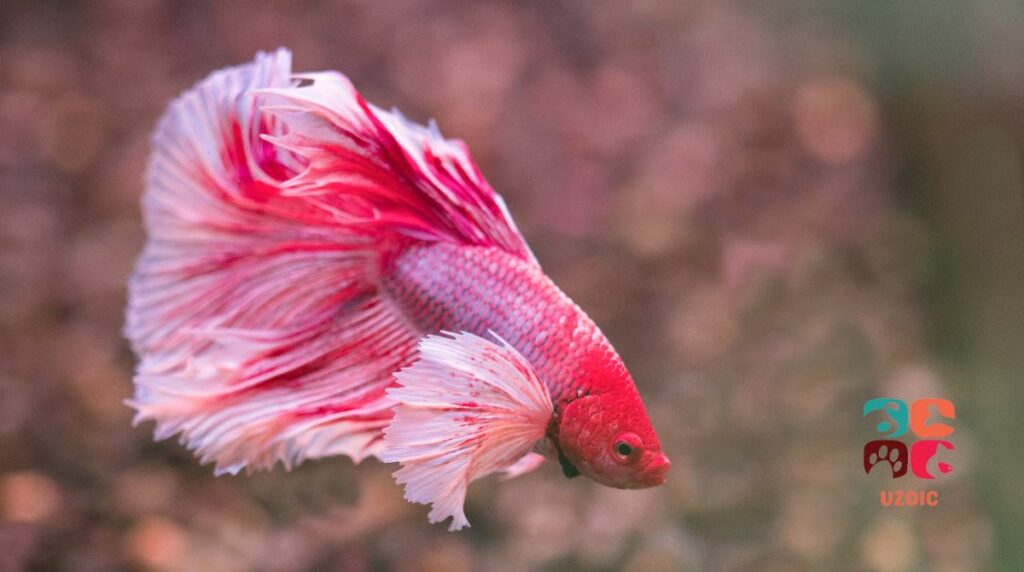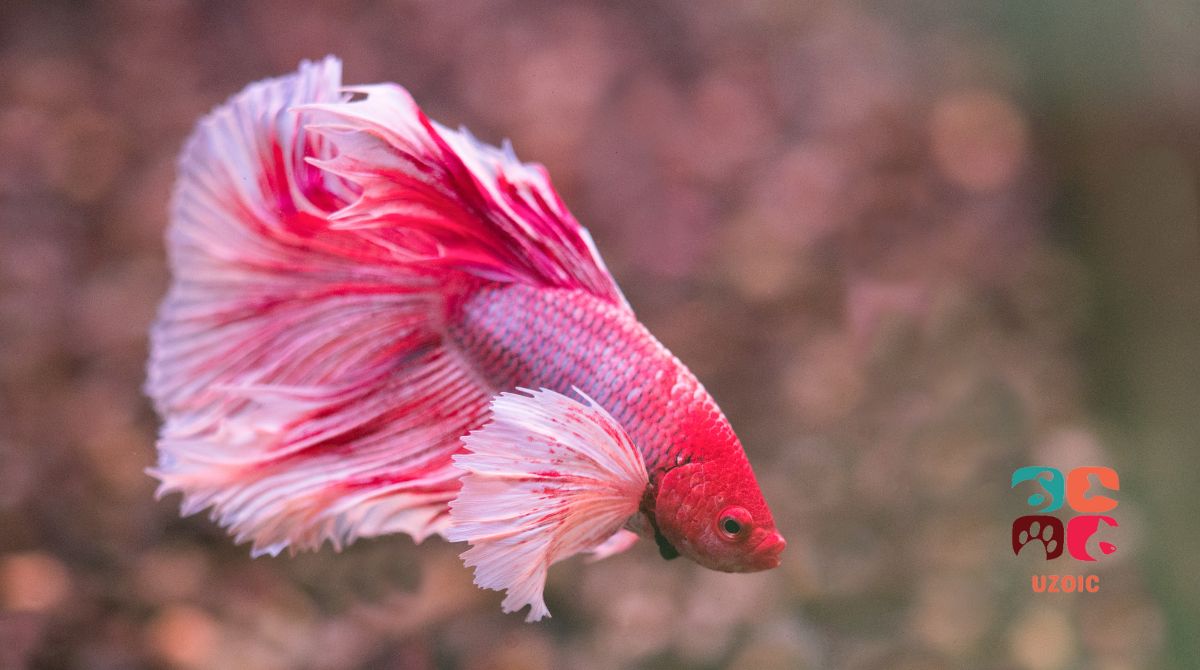So, you’ve decided to get a Betta fish. That’s great! These beautiful creatures make lovely pets. But one question that often comes up is whether or not Bettas can live in brackish water. In this blog post, we will explore the answer to that question and help you decide the best habitat for your Betta fish.
Bettas, also known as Siamese fighting fish, are native to Thailand. They inhabit rice paddies, marshes, and stagnant water pools in the wild. These natural habitats have very little flow and are often murky or cloudy. The water is also usually quite warm, between 75 and 80 degrees Fahrenheit. Bettas can live in water with a pH range of about six to eight and a hardness level between soft and medium.
In short, Bettas are adapted to living in warm, stagnant water that does not have a strong current. Many people believe that Bettas cannot live in brackish water. Brackish water has a higher salt content than freshwater, but not as high as seawater. It is often found where freshwater and seawater meet, such as in estuaries.
The main concern with keeping Bettas in brackish water is that the salt content can harm their delicate fins and scales. In addition, the higher salt content can cause dehydration and stress. Therefore, if you decide to keep your Betta in brackish water, it is important to carefully monitor the salt level and make sure it does not get too high. You should also be prepared to do frequent water changes to keep your Betta healthy.
Table of Contents
Is It Possible To Acclimate Betta Fish To Brackish Water?

The short answer is yes; certain betta fish can acclimate to brackish water. However, not all species of Betta are used to brackish water. For example, Betta Mahachaiensis is a Betta species found in brackish water in the wild. This fish has been known to acclimate to brackish water in captivity. On the other hand, Betta Splendens are not found in brackish water in the wild and do not acclimate well to it in captivity. Generally speaking, bettas traditionally come from paddy fields of Thailand and water in paddy fields are not brackish so bettas may not survive for long in brackish water.
It is also worth noting that even Betta Mahachaiensis may not do well in brackish water if the conditions are not right. For example, if the water is too salty or the temperature is not within their comfort range, they will not acclimate well. In addition, if the water quality is poor, it can be difficult for any fish to adapt, regardless of species.
For one thing, the pH level of the Betta’s current water environment must closely match that of the new brackish environment. In addition, any changes in the betta fish’s feeding habits should be made gradually so as not to shock its digestive system. Ultimately, if these conditions are met, then there is a good chance that a betta can successfully adjust to brackish water environments.
Many betta owners on the internet have this confusion about whether their Betta will be able to survive in brackish water. But they usually mix the various species of Betta. Betta’s usually thrive in freshwater only. But as mentioned earlier, there is one species of Betta known to live in the brackish water, and that’s Betta Mahachaiensis. If you own a Betta Mahachaiensis, then there’s a good chance that it will be able to acclimate to the new environment.
However, this transition must be carefully and patiently managed by an experienced pet owner or aquarium expert.
Therefore, if you are considering keeping a Betta in brackish water, do your research and make sure you are prepared to provide the proper care. It is also a good idea to consult with a veterinarian or fish expert before making any decisions.
Can Bettas Live In Brackish Water Or Not?
The bottom line is that Bettas can technically live in brackish water for a short duration, but it is not ideal. These fish are adapted to living in warm, stagnant water with little to no current. The higher salt content of brackish water can be harmful to their fins and scales, and can cause dehydration and stress. If you do decide to keep your Betta in brackish water, it is important to monitor the salt level carefully and make sure it does not get too high. To keep Betta healthy, you must change the water regularly. It is generally best to consult with a veterinarian or fish expert before making any decisions about keeping your Betta in brackish water.
What Will Happen To A Regular Betta Fish In Brackish Water?
While a regular betta fish may be able to survive for short periods in brackish water, over time its health will likely begin to decline. This is because bettas are not naturally adapted to withstand the saltier conditions of brackish waters, and so they will struggle to get the freshwater that they need to thrive. Additionally, their delicate gills and skin will be more susceptible to bacteria and fungus in these conditions. Ultimately, while a betta may seem fine at first in brackish water, it is likely that this environment will lead to illness or even death if it is not changed soon. For this reason, it is best to always keep bettas in fresh, clean water that is free of salt and other contaminants.
Conclusion
In conclusion, while it is possible for certain Bettas to acclimate to brackish water, it is not recommended for most pet Bettas.
Overall, we would not recommend keeping Bettas in brackish water. If you are set on keeping your Betta in saltier water, we recommend doing plenty of research and talking to a veterinarian or experienced fish keeper beforehand. There are other fish that are better suited for living in brackish water, such as mollies and guppies. However, with the proper care, your Betta can live a long and happy life in freshwater.
And be sure to check out our other blog posts for more information on these beautiful fish. Thanks for reading!
You may like:
- Why Are My Betta Fish Fins Stuck Together?
- Is Duct Tape Safe For Fish Tanks And Aquariums?
- How Long Can Betta Fish Go Without Food?
- The Best Aquarium Glue for Rocks! How to Safely Bond Your Fish Tank Decor


